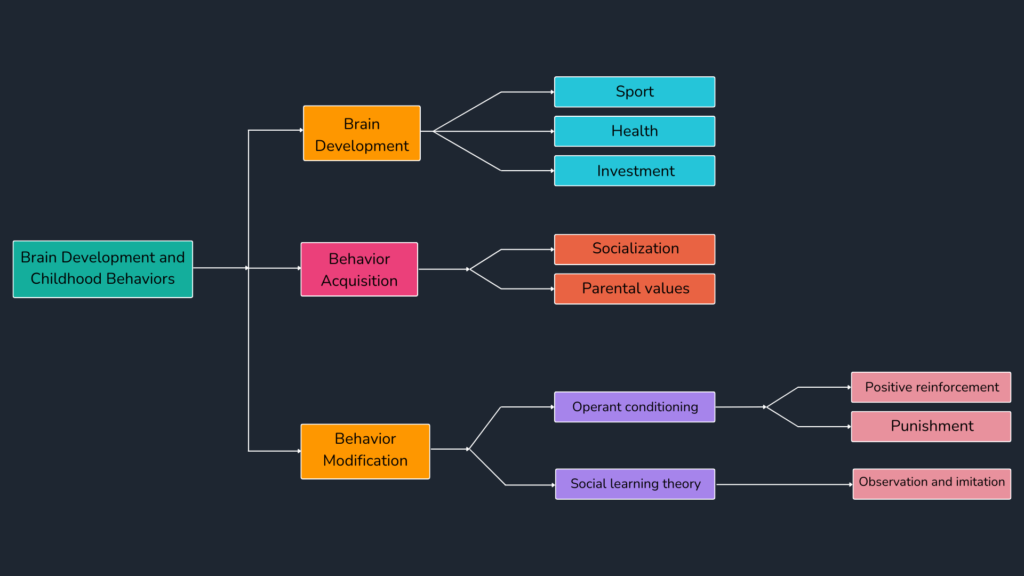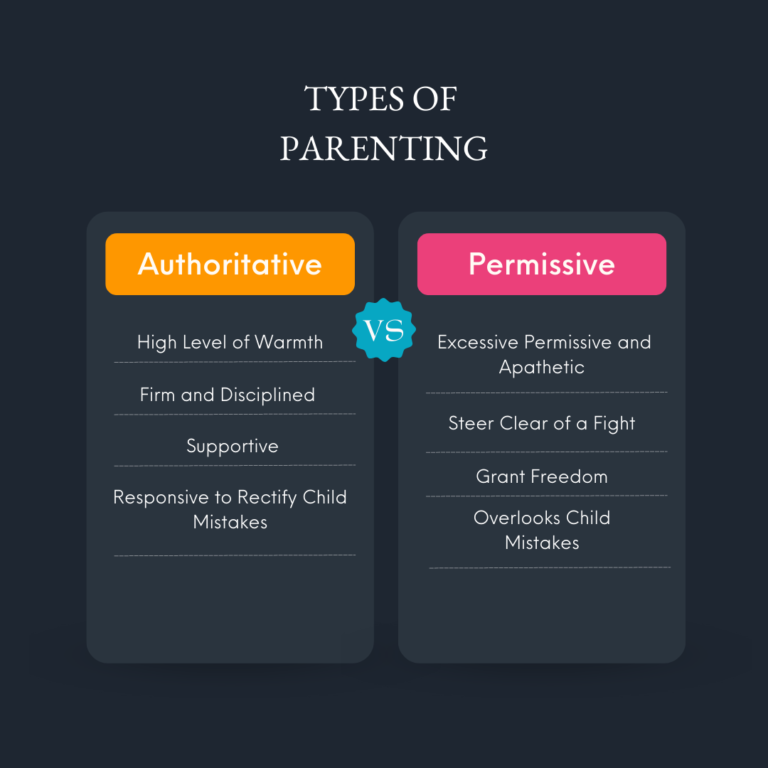Not All Cruelties Are Mistakes: How Mistakes Turn Into Cruelty?
Shataghnee Chanda
August 25, 2024. 4 minute Read
The world can be a better place if we try to make it one.
We commit mistakes, but self-introspection is important here.
Moral: We often say that he/she must have made a mistake here, but it is rather a snowball effect where all the mistakes committed by an individual which over a while turns into cruelties.
But How Mistakes Turn Into Cruelty?
Let’s examine this concept with an imaginary illustration!
These two teenage boys, Raj and Aman, grew up in different settings in a small town: curious 15-year-old Raj starts with all types of errors that are part and parcel of the life of every teenager, like smoking behind school, teasing girls over social sites, consuming misogynistic contents online, etc.
His parents caught on to these trends quite early on and instead of ignoring them, they addressed them. They had Raj sit down; they faced him freely about what he was doing wrong. Justly punishing him but at the same time guiding him about what the consequence of his action was. He was humiliated but felt supported at the same time. He felt his family took an interest in his development and his character.
Then there was Aman, his age; soon he appeared to have done so. His family, however, had a quite different attitude toward his actions. When the parents caught Aman red-handed—smoking and being involved in other forms of cyberbullying—they dismissed it as “boys being boys,” even laughing it off and encouraging him to be “strong” and “dominant.” They never knew to what lengths their backing of such acts was driving their son Aman down a destructive path. With every blunder, he deteriorated further and further.
By late teens, Aman had been accused of drug peddling, rape and even murder against him. Since his family never corrected his mistakes, he lost control of his life way back during his late teenage years.
This story illustrates a critical lesson: Not all cruelties are mistakes; sometimes, they are a day away from developing into something much worse. Mistakes should be recognized and early told to correct upon realization.
Bearing in mind that in Raj’s situation, it could be said to be fortunate if mistakes weren’t ignored. But, in Aman’s case, it was a failure on his family’s part that let small mistakes grow into unforgivable cruelties. The difference only lies in the recognition and correction of these mistakes.

Not all cruelties are mistakes but mistakes are a sign of future cruelty!
The Snowball Effect!
How Unchecked Childhood Mistakes Can Evolve Into Cruelty?
Children make mistakes to learn about their life and their world. Small mistakes such as lying, teasing, or otherwise inappropriate behaviours are considered to be a part of growing up. When compounded or encouraged, they tend to grow into adults who encourage cruelty and are cruel in general.
The psychology embodied is the fact that small childhood mistakes snowball into big cruel acts. So it is important for human beings, in general, to teach moral values to kids at the forefront of a child’s development. Further, as per developmental psychology, not all cruelties are mistakes; most often, they are what could have been corrected from childhood.
The Psychology Behind Unchecked Childhood Mistakes!
The brain continues to develop during childhood, especially in impulse control, empathy, and moral reasoning. According to developmental psychology, a child acquires tolerable behaviours through socialisation and parental values.
Mistakes committed in childhood, such as bullying, lying, or doing wrong things over the internet, are usual events in childhood as children test limits. However, these must be appropriately corrected.
Operant Conditioning, a principle proposed by B.F. Skinner states that the behaviour is controlled by the consequences that follow them. Simply put, a child does something bad, such as teasing or even viewing some unrated material, and that indulging behaviour is one way or the other rewarded or dismissed.
The child will somehow be inclined to repeat and even escalate such action. This is what psychologists term positive reinforcement. On the contrary, once the action is corrected or punished, the likelihood to repeat will reduce. Such unchecked mistakes can set the stage for more significant problems, whereby the child learns that such actions are acceptable or at least not seriously punished.
Social learning theory by Albert Bandura holds that behaviour is learned through observing and imitating others, especially family members. For instance, if a child sees the adults or senior siblings resenting others or behaving unethically and no social control is meted out to them, then he begins to try this rally.
For example, if a family endorses or ignores misogyny and the harm of bullying, a child will most likely consider them to be appropriate virtues, hence the resulting cruelty in later life.
Role of Family in Molding Behavior!
The family is usually the child’s first social environment in the differentiation of what is right and wrong. What comes afterwards is dependent on how the family deals with the child’s mistakes, and whether these are transformed into lessons or become a highway to cruelty.
There are two types of parenting:
- Authoritative style of Parenting
- Permissive parenting

1. Authoritative style of Parenting
The authoritative style of parenting is most frequently the most effective.
It is a style that involves high levels of warmth but at the same time uses firm discipline. Authoritative parents address children’s errors solidly, yet they are supportive through the clarification of why the behaviour is wrong, allowing relevant consequences with guidance for self-regulation so that next time the choice could be made better.
As a result, children will learn not only what the effect of their behaviour is but also develop empathy and responsibility for the feelings of others.
2. Permissive parenting
A permissive parent or no intervention at all will lead to a harmful consequence. Permissive parents tend to be excessively permissive and always steer clear of a fight; hence they grant kids the freedom to misbehave without any consequence. Over time, the kids may not learn to have a good sense of morals because they are not held accountable.
They, therefore, get into disruptive activities with a rise in acuteness because they think there is liberty to do as they please. These unchecked mistakes soon lead to mean acts such as bullying, abuse, and even criminal behaviours.
Effects of Unchecked Mistakes

Adolescence is an important time for a lot of psychological and social development. Many of the vices that adulthood may be characterised by will, without doubt, be moulded by small mistakes during childhood.
If not handled, these can result in several negative traits among the adults. For instance, if a child is not prevented from bullying other children, he or she turns out with a feeling of being entitled to do things and others are just to accept. In this way, one can end up showing character traits in adult life related to bullying at the workplace, violence at home, or even criminal activities.
Research shows that individuals who commit vicious actions as adults typically display behaviour problems in childhood that were not managed appropriately.
Recent research published in the Journal of Youth and Adolescence indicates that early intervention for childhood behaviour problems significantly decreases a person’s likelihood of crime later on as an adult.
The key element shown is the need for early, small missteps and never letting them take the larger actions, grow serious, and harmful.
Final Thoughts
In a nutshell!
There doesn’t have to be a step from childhood mistakes to adult cruelty, but there can be a risk when such mistakes go unchecked. Understandably, the psychological mechanisms identified driving this transformation underline the need for early intervention.
Families, as the first influences on a child’s behaviour, thus have so much to do with this process. Parents can help their children develop into empathetic, responsible adults by treating mistakes with care, discipline, and guidance. It’s said that not all cruelties are mistakes; some are the tragic result of failing to correct those mistakes at the time when it counted most.



